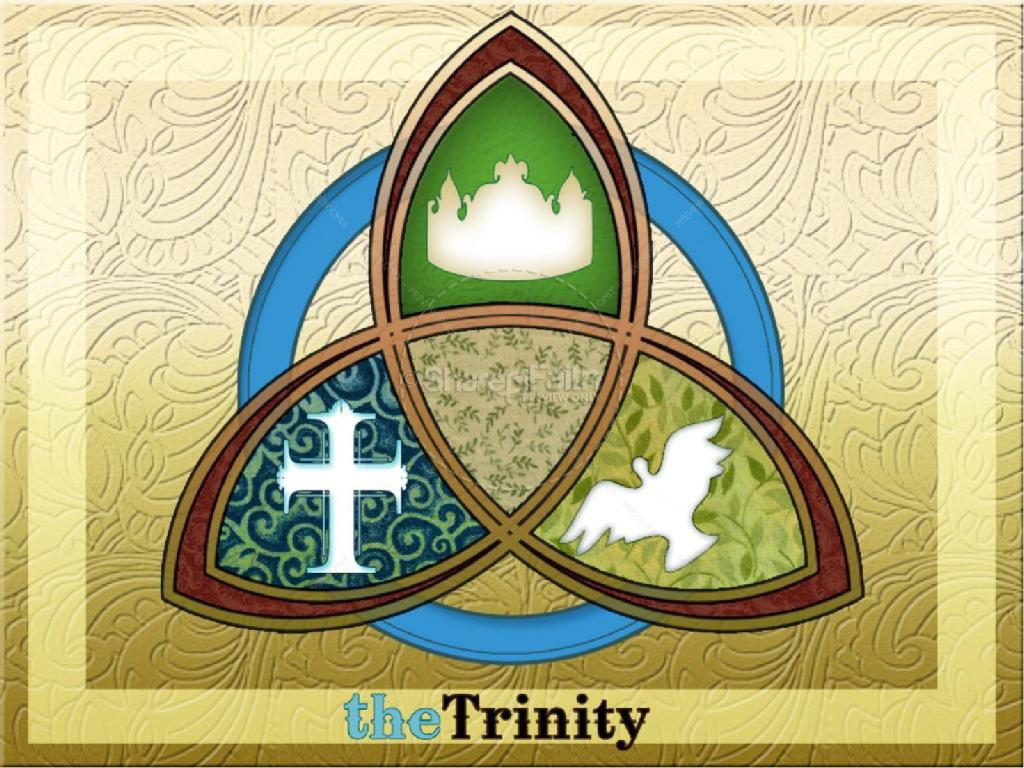Blog Search Results

Did you mean:
tertullian
?
26 results for Tertullian
found
within the Blog
6 displayed out of 26 (0.44seconds)Page 1 of 5

Does Christmas have pagan origins?
Posted by Luke J. Wilson on 19th December 2019 in Christmas | christmas,xmas,origins,pagan,pagan roots,church fathers,church history,Saturnalia,Epiphany,Annunciation,Tertullian,Origen,john chrysostom,incarnation,liturgical calendar,church calendar,festivals
...tatement. Tertullian (197 AD) also references this census as a place where “Mary is described”, in which New Testament scholar W. M. Ramsey saw as proof that Tertullian at least, had access to documents which we no longer do. Origen (~248 AD) even mentions that in his own day, “there is displayed at Bethlehem the cave where Jesus was born”, and that “this sight is greatly talked of in the surrounding places—even among the enemies of the faith” (now known as The Church of the Nativity)!
The first person we see write about a specific date of the birth is Clement of Alexandria around 195 AD in book one of The Stromata, and he speaks about others who...
Jesus, Mithras and Ancient Roman Cults: Separating Fact from Fiction
Posted by Luke J. Wilson on 25th April 2023 in Mythology | Jesus,mithras,apologetics,roman gods,atheist
...Welcome to the next instalment of my series looking at the ancient mythological gods and how they compare to the life, death and resurrection of Jesus. Mithras is yet another popular ancient god that people like to compare with Jesus and make wild claims about, proposing that they are the same deities with different names. But is this even remotely true?
This article has ended up being a bit longer than anticipated as it’s one of the few ancient religions that was contemporary to the birth of Christianity which was seen as somewhat of a rival belief system, so there’s a lot of interesting things to cover!
The Origins
Mithras has his roots in ancient Persi...
The Coming of Jesus: Revelation Fulfilled?
Posted by Luke J. Wilson on 31st December 2015 in Second Coming Series | Revelation,Second Coming,Preterism,apocalypse,armageddon,fulfilled prophecy,Return of Christ,Return of Jesus,Eschatology
..., such as Tertullian and others) quite happily regard all of this as the fulfillment of all that Jesus prophesied, as recorded in Matt 24, Mark 13 and Luke 21, and also as the completion of the 70 Weeks of Daniel’s prophecy.
“It is fitting to add to these accounts the true prediction of our Saviour in which he foretold these very events … If any one compares the words of our Saviour with the other accounts of the historian concerning the whole war, how can one fail to wonder, and to admit that the foreknowledge and the prophecy of our Saviour were truly divine and marvellously strange.”
Eusebius, Church History, Ch. 7:1, 7
“Vespasian, in the f...
The Battle for the Trinity: Historical Heresies and Church Defences
Posted by Luke J. Wilson on 1st July 2024 in Trinity | trinity,heresy,heretics,theology,creeds
...ic Quote: Tertullian argued against Modalism by affirming the distinctiveness within the Godhead: “We do indeed believe that there is only one God, but we believe that under this dispensation… there is the Son, who has issued from the Father, and the Spirit, who has issued from both Father and Son” (Against Praxeas, 2).
Nestorianism
What It Taught: Nestorius, a 5th-century bishop, suggested that Jesus Christ was two separate persons — one human and one divine — rather than one Person with two natures.
Church’s Response: The Council of Ephesus in 431 AD declared that Jesus is one Person with two distinct yet united natures: divine and h...
The Real St. Nicholas: A Man of Virtue, Not Violence
Posted by Luke J. Wilson on 7th December 2024 in Christmas | arianism,nicea council,nicene council,st nicholas,history,church fathers,church history
...e, of the Tertullian Project, summarises this legend succinctly:
To summarise again: there is no ancient evidence whatever that St Nicholas punched or slapped Arius at the First Council of Nicaea. The story is not found in any text before the late 14th century, and even that one mentions only “a certain Arian”. In the next two centuries the legend mutates into Nicholas slapping Arius; and is then disseminated in works of popular fiction, and by the paintings of icons. It has no historical basis whatever.
The Problem with Celebrating the Slap
In a culture that often glorifies bold, confrontational responses, the idea of a saint who resorts to physical vio...Did the Early Church invent the Trinity?
Posted by Luke J. Wilson on 4th January 2022 in Trinity | early church,trinity,church fathers,theology,council of nicaea,nicea council
...08–210, Tertullian was the first to use “Trinity”, “person”, and “substance” to explain that the Father, Son and Holy Spirit:
The numerical order and distribution of the Trinity they assume to be a division of the Unity … yet of one substance, and of one condition, and of one power, inasmuch as He is one God, from whom these degrees and forms and aspects are reckoned, under the name of the Father, and of the Son, and of the Holy Ghost … they are susceptible of number without division … which distributes the Unity into a Trinity, placing in their order the three Persons… — Tertullian, Against Praxeas, chapter 2, 3
Earlier still,...

